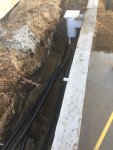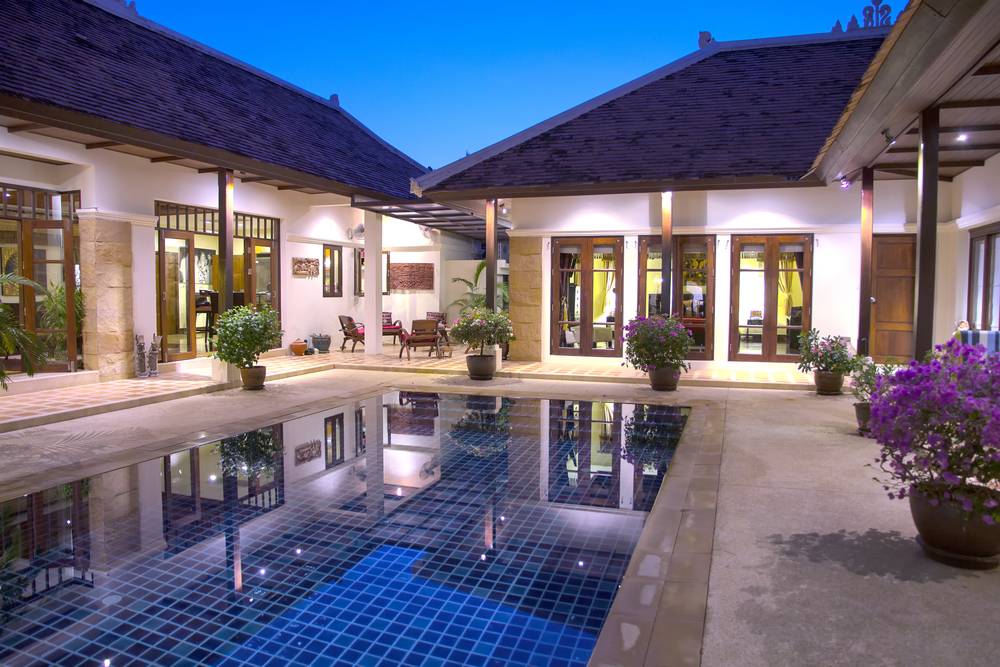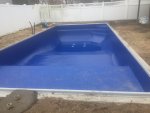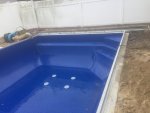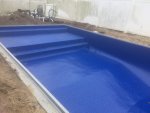In regard to the piping used underground, I found some older pics of when they started the piping, and before they finished hooking it up, and doing the backfill.
One of these pics has the rolls of piping in the background.
I also found a pic I took of what I think was the label on the piping.
This may also help.
One of these pics has the rolls of piping in the background.
I also found a pic I took of what I think was the label on the piping.
This may also help.


